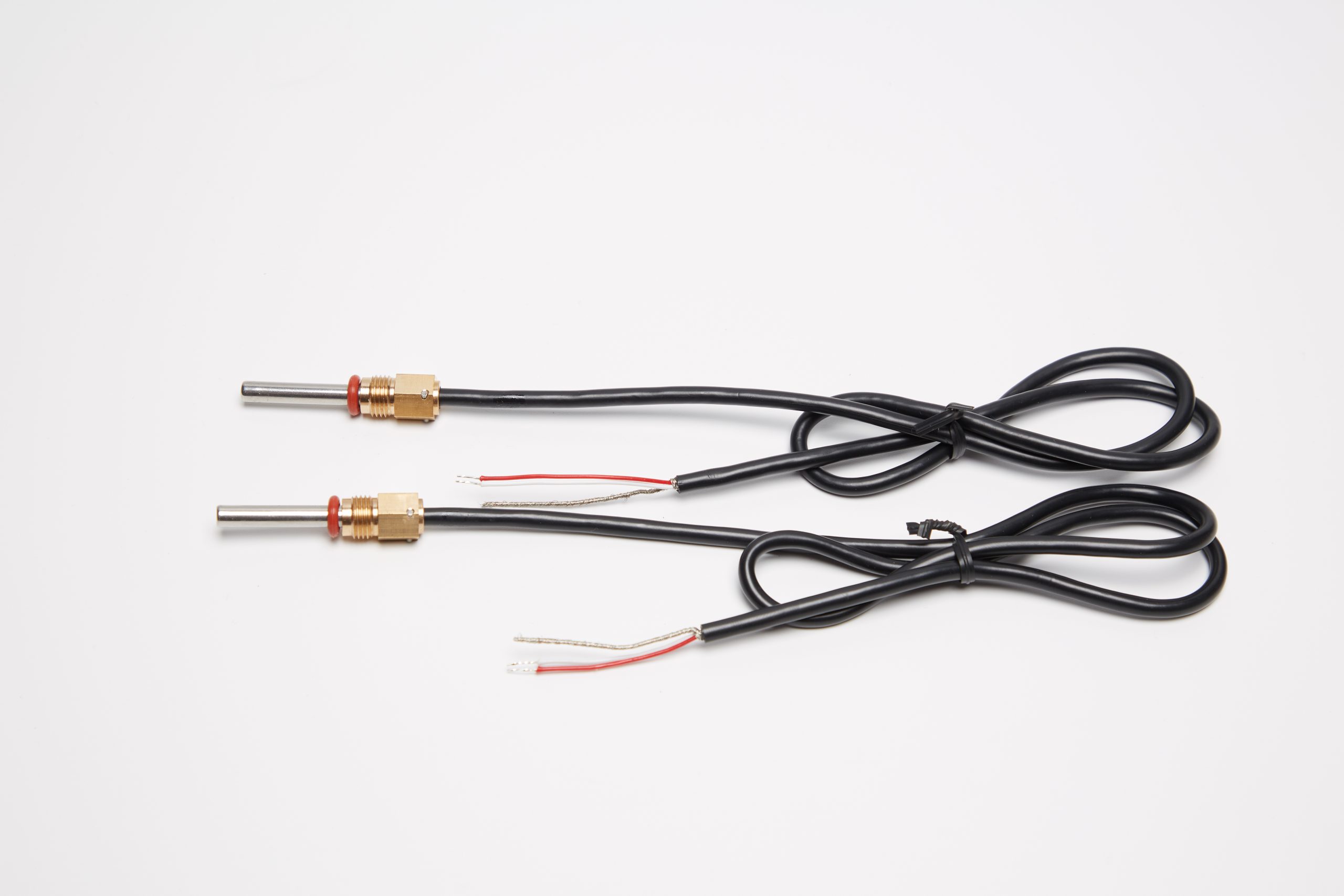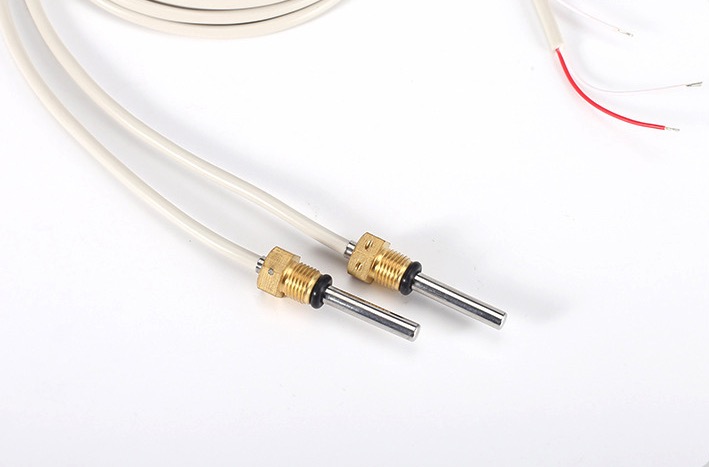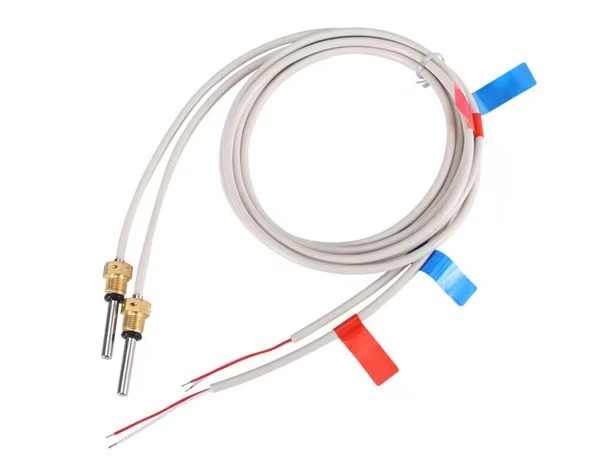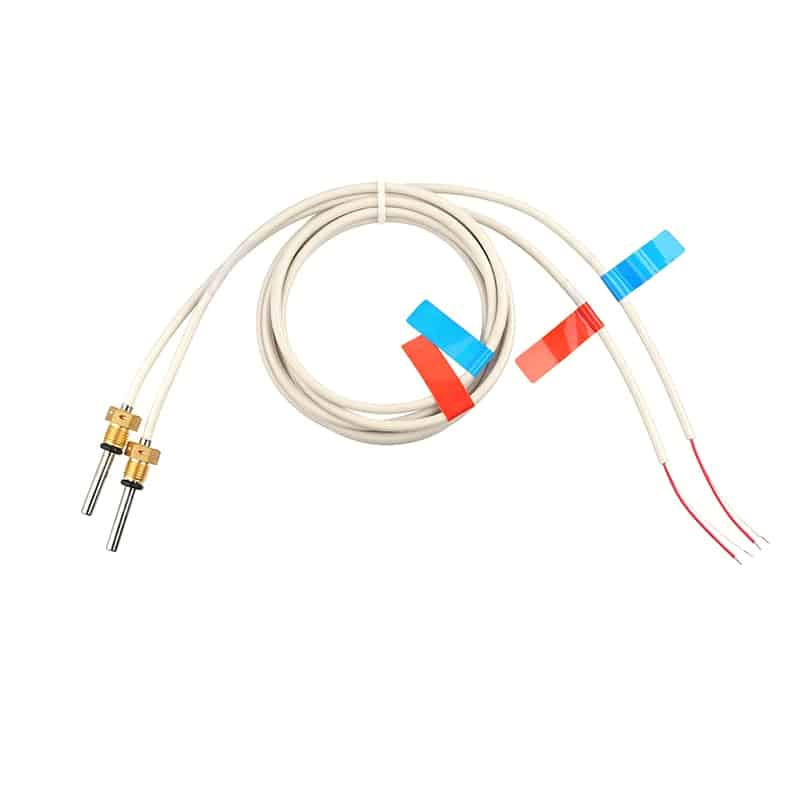Nicr Ni Thermocouple: Everything You Need to Know
Summary
What is a Nicr Ni Thermocouple?
A Nicr Ni thermocouple is a type of temperature sensor that is used to measure high temperatures in industrial settings. It is made up of two dissimilar metals – nickel-chromium (NiCr) and nickel (Ni) – that are joined together at one end to form a junction. When this junction is exposed to a temperature difference, it generates a small voltage that can be measured and used to determine the temperature.
How Does a Nicr Ni Thermocouple Work?
As mentioned earlier, a Nicr Ni thermocouple works by generating a small voltage when the junction is exposed to a temperature difference. This is known as the Seebeck effect. The magnitude of the voltage generated is proportional to the temperature difference between the two junctions.
When one junction is heated, it generates a voltage that is measured by the instrument. The voltage is then compared to a reference junction that is kept at a constant temperature (usually room temperature). The difference between the two voltages is used to calculate the temperature of the heated junction.
Advantages of Nicr Ni Thermocouples
Nicr Ni thermocouples have several advantages over other types of temperature sensors:
- They are relatively inexpensive
- They are accurate and reliable
- They can measure high temperatures (up to 1,100°C)
- They have a fast response time
- They are easy to install and use
Applications of Nicr Ni Thermocouples
Nicr Ni thermocouples are widely used in various industrial applications, such as:
- Steel production
- Power generation
- Cement manufacturing
- Chemical processing
- Food processing
- Plastics manufacturing
How to Choose the Right Nicr Ni Thermocouple
When choosing a Nicr Ni thermocouple, there are several factors that need to be considered:
| Factor | Description |
|---|---|
| Temperature range | Determine the highest and lowest temperatures that will be measured and choose a thermocouple that can operate within that range. |
| Accuracy | Different types of thermocouples have different levels of accuracy. Choose one that meets your requirements. |
| Response time | If you need a fast response time, choose a thin-wire thermocouple. If response time is not critical, a thicker wire can be used. |
| Chemical resistance | If the thermocouple will be exposed to corrosive gases or liquids, make sure it is made of materials that can withstand them. |





